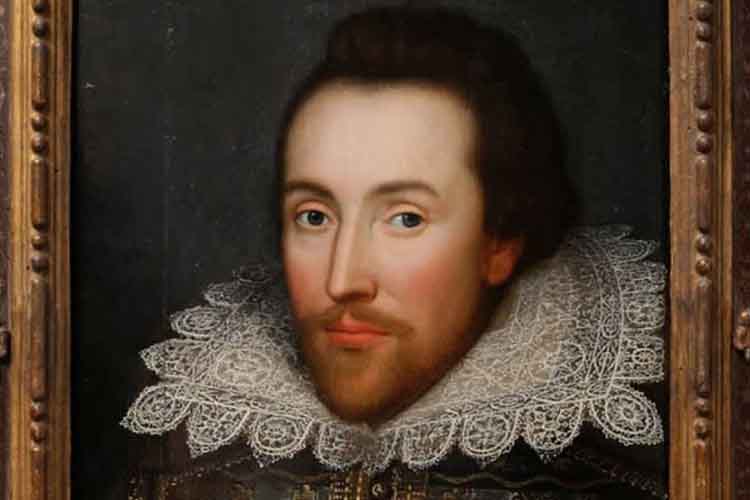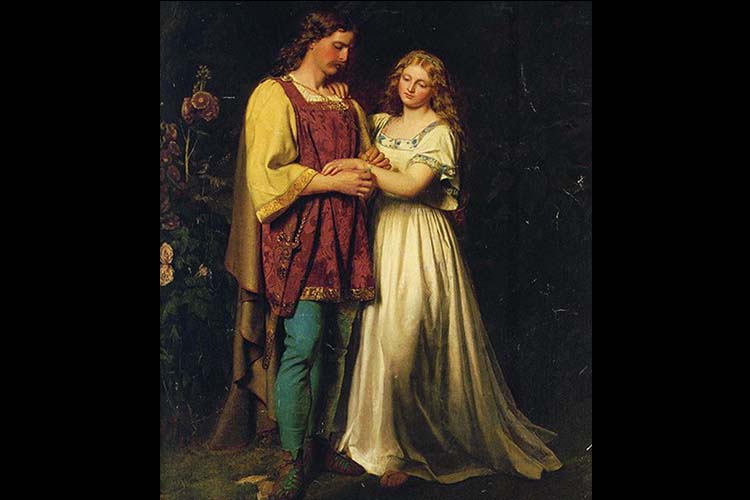Poetry:
Graham Fawcett:
Shakespeare the Poet - World Poets series details
6:30 PM
Location
The Brewhouse Theatre and Arts Centre
Coal Orchard
Taunton
Somerset TA1 1JL
UK
Website
Description
This still relatively recently discovered portrait of William Shakespeare - its very existence first announced to the world in March 2009 - is believed to be the only one painted in his lifetime. Our imagination’s batteries are uniquely re-charged as we finally look into his face for the first time and feel compelled to ask ourselves afresh so many things about him. Here's one: to what extent did the author of the Sonnets feel he was writing poems in his plays as though momentarily staging a poetry recital of set pieces to hold an audience’s breath in mid-drama?
Shakespeare left plenty of answers. Yes, they are there to be uncovered the moment one begins to explore the Sonnets, the longer poems ‘Venus and Adonis’ and ‘The Rape of Lucrece’, ‘The Passionate Pilgrim’ and ‘Verses in Love’s Martyr’. But like steeplechase clues, they can also be come upon time and again, and often in spectacular fashion, along the pathways of his theatre, at key moments in the lyrical plays, the tragedies and the late Romances, and sometimes for whole plays on end. “Richard II is a chunk of poetry about a god who wants to be a person", Fiona Shaw declared once on the Andrew Marr Show.
When Postumus says to Imogen, “Hang there like fruit, my soul, /till the tree die” in Act Five Scene five of Cymbeline, the audience is in the presence of one of the best line-breaks in poetry.
Yet when we go to see a Shakespeare play, the unfolding narrative, the constant impact of the action, and the naturalness of the verse as speech so take our minds off what Shakespeare is doing with it poetically, that much of the sheer craft of it simply sails over our heads.
In this lecture, first commissioned by the Bridport Literary Festival, Graham hooks that craft down out of the sky and hold it up to the audience. It will tell us, with an abundance of compelling examples from the Works, what distinguishes Shakespeare the poet from Shakespeare the dramatist, how the sonnets work, what relation there is between the longer poems and the plays, and where in particular the plays, in a stop-you-in-your-tracks way, become poetry.
"If you have never experienced Graham Fawcett, you have missed something...these are big talks, packed full of imagination and research."
Bridport Review
2016
CREDITS
Homepage:
Slideshow:
Shakespeare: The Cobbe Portrait, displayed at Hatchlands Park , Surrey

